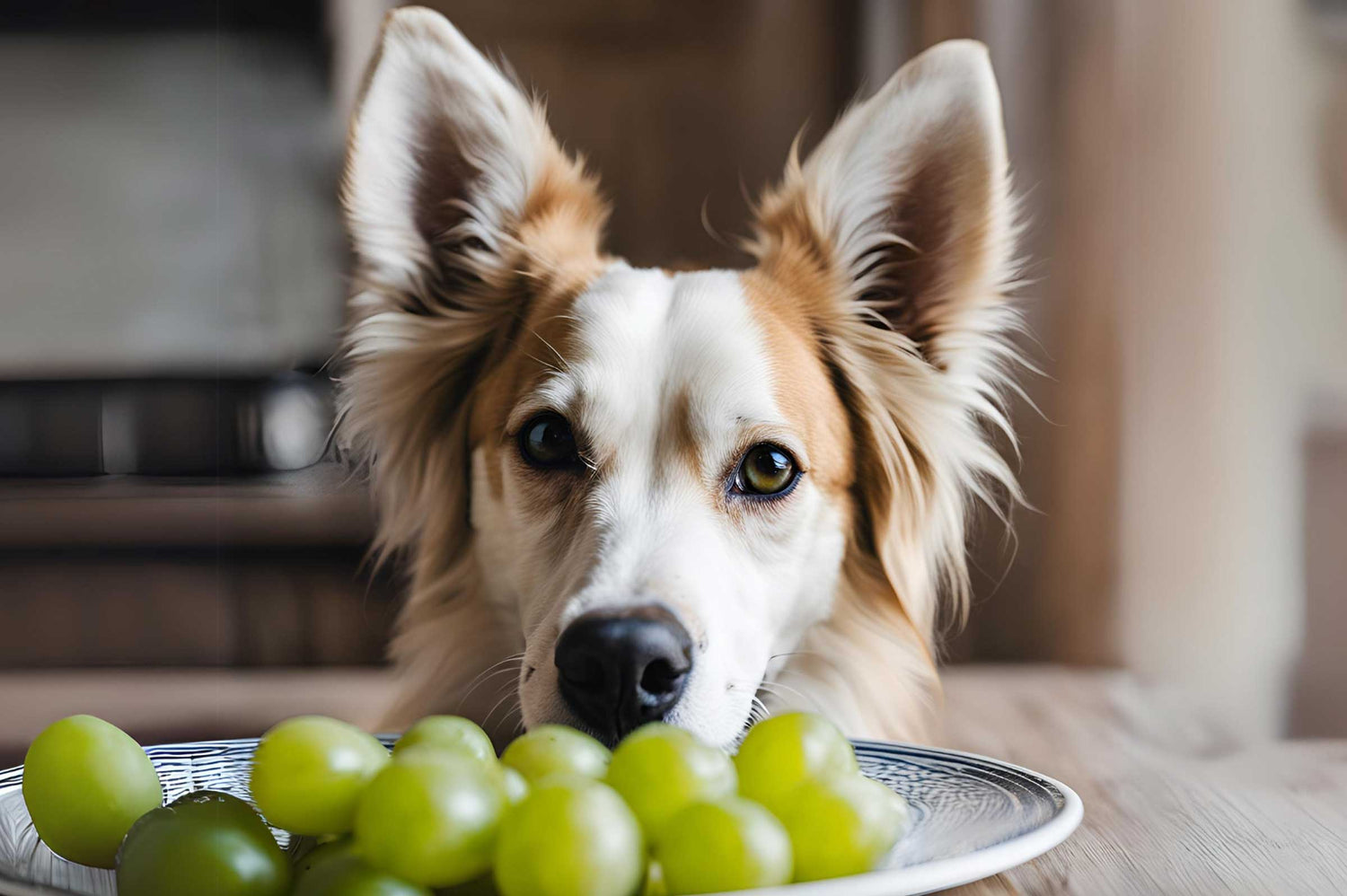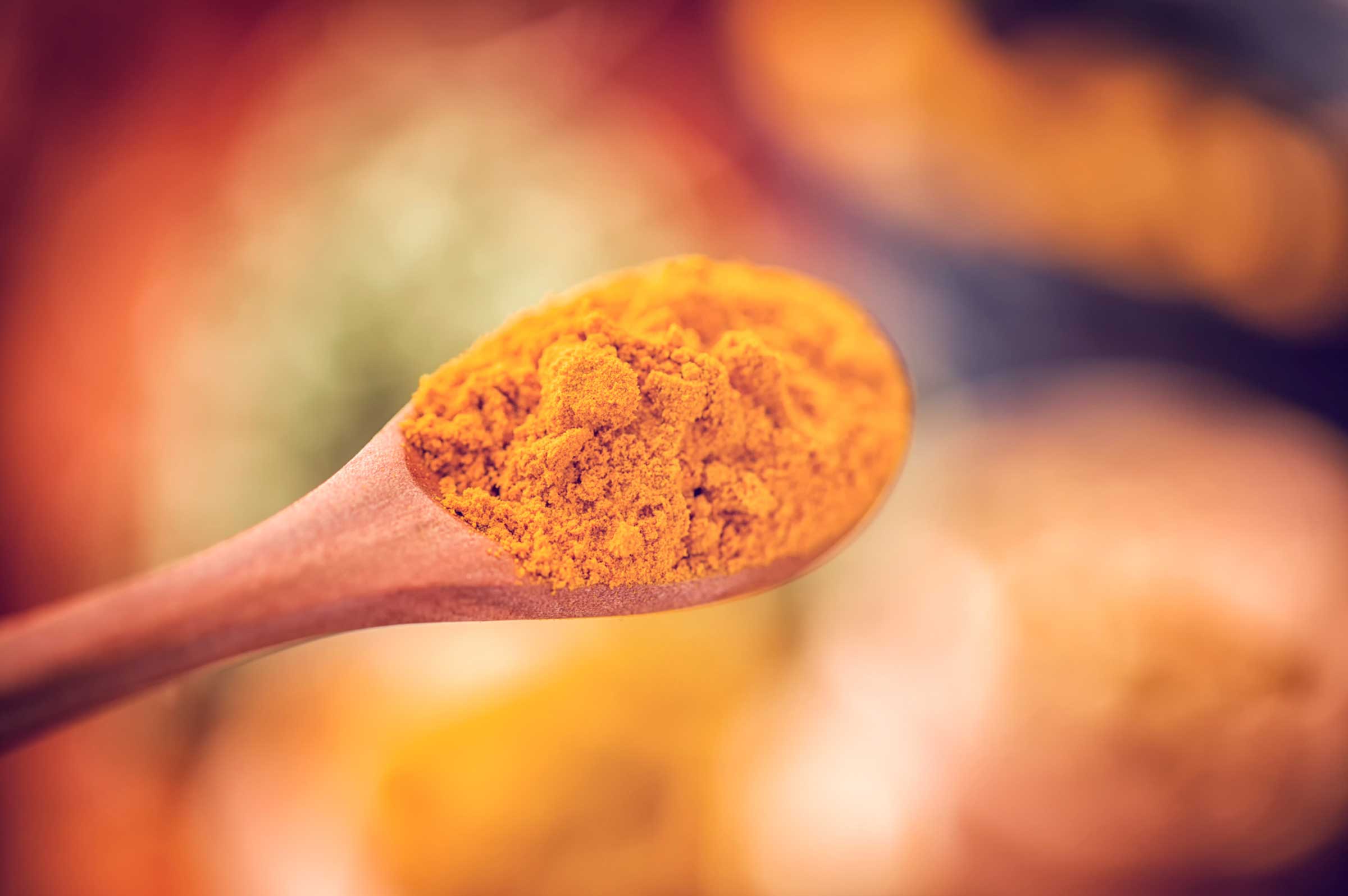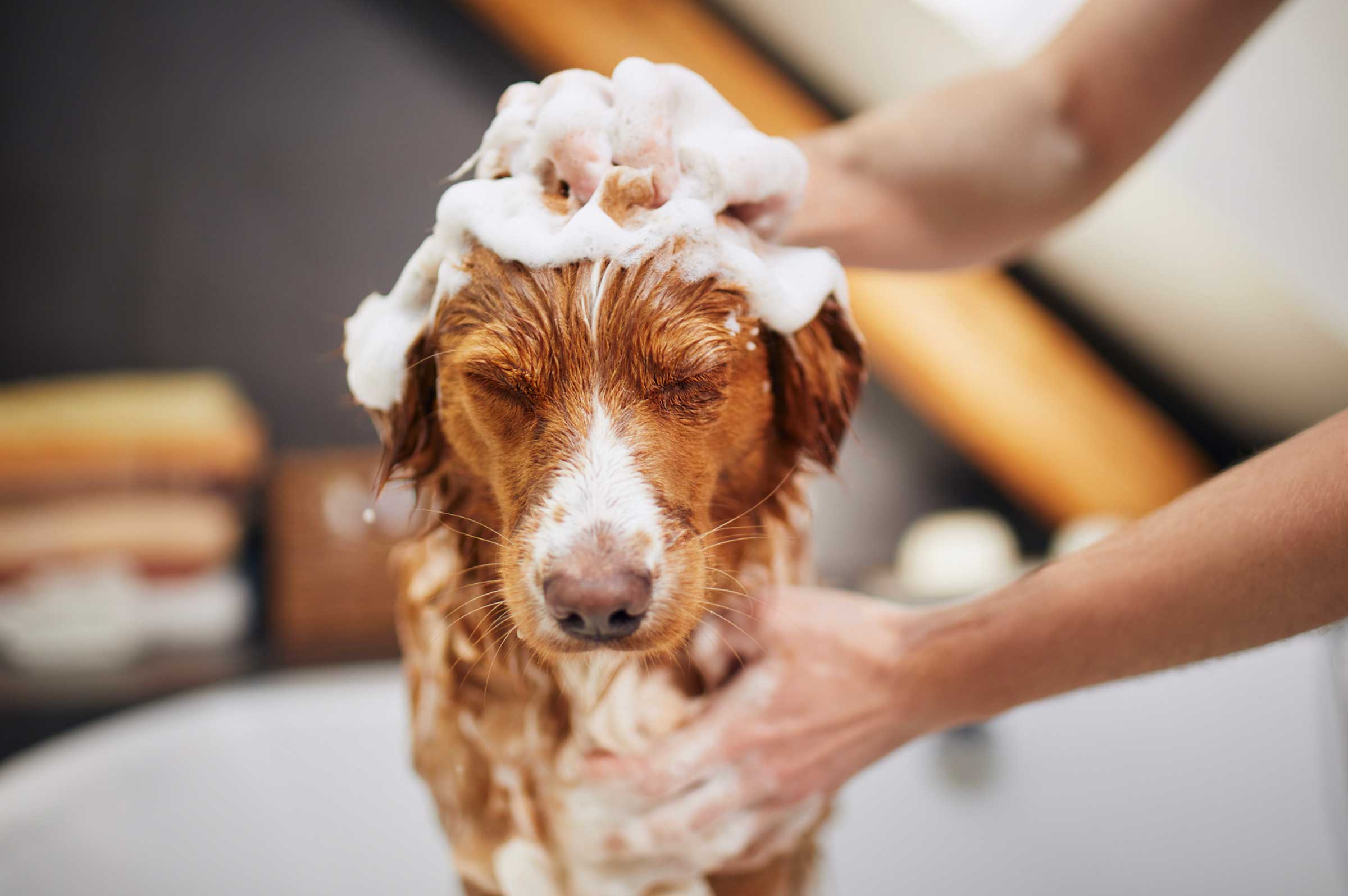Grapes might seem like a harmless and tasty treat for humans, but for dogs, they pose a serious threat. Even a small amount can lead to severe health issues, including acute kidney failure, which can be life-threatening if not addressed promptly. Many dog owners are unaware of this danger, and an accidental grape snack can quickly turn into a medical emergency.
If you suspect or know that your dog has ingested grapes, it's crucial to act immediately. This guide will help you navigate the necessary steps to ensure your dog's safety and well-being, providing you with the knowledge and confidence to respond effectively in such a stressful situation.
Stay Calm and Assess the Situation
The first thing you need to do is remain calm. Panicking will not help you or your dog. Take a moment to assess the situation. How many grapes or raisins did your dog eat? When did it happen? The more information you have, the better you can communicate with your veterinarian or pet poison hotline.
Contact Your Veterinarian Immediately
As soon as you realize your dog has eaten grapes, contact your veterinarian or an emergency pet poison hotline. Explain the situation in detail, including how many grapes your dog ate and any symptoms they might be displaying. Time is of the essence, and professional guidance is crucial.
Do Not Induce Vomiting Without Veterinary Advice
It might be tempting to induce vomiting to get the grapes out of your dog’s system, but this should only be done under the guidance of a veterinarian. Inducing vomiting incorrectly can cause more harm than good, so always seek professional advice first.
Monitor Your Dog for Symptoms
Keep a close eye on your dog for any signs of distress or symptoms of grape toxicity. These can include vomiting, diarrhea, lethargy, loss of appetite, abdominal pain, and increased thirst or urination. If you notice any of these symptoms, inform your veterinarian immediately.
Follow Veterinary Instructions for Treatment
If your veterinarian advises you to bring your dog in for treatment, do so without delay. Treatment might include inducing vomiting, administering activated charcoal to absorb toxins, or providing intravenous fluids to support kidney function. Follow all instructions carefully to ensure your dog receives the best possible care.
Prevent Future Incidents
Once your dog is safe, take steps to prevent future incidents. Keep grapes and raisins out of reach, and educate family members and visitors about the dangers of feeding grapes to dogs. Consider creating a designated safe area for your dog to prevent access to harmful foods.
Keep Emergency Numbers Handy
Having emergency contact numbers readily available can save precious time in a crisis. Keep your veterinarian’s phone number, the nearest emergency animal hospital, and the pet poison hotline in an easily accessible place. Being prepared can make a significant difference in how quickly you can respond to an emergency.
In summary, if your dog eats grapes, staying calm, seeking immediate veterinary advice, and closely monitoring your pet are essential steps. Acting quickly can make all the difference in ensuring your dog’s safety and well-being. You love your furry friends, and want to do everything you can to keep them healthy and happy. Look at VetSmart Formulas for all the supplements they need to lead a long and active life.











